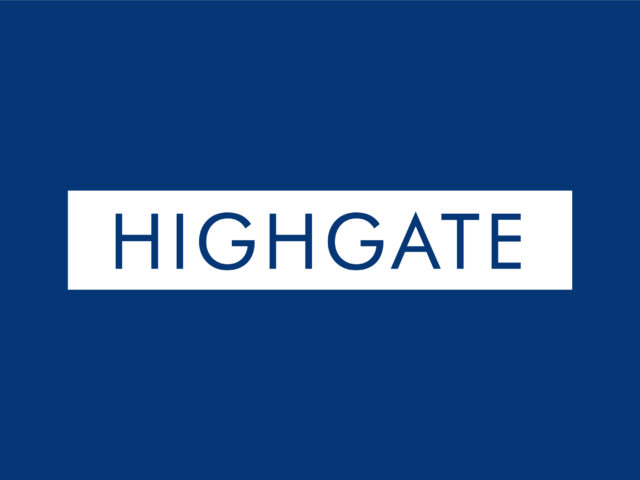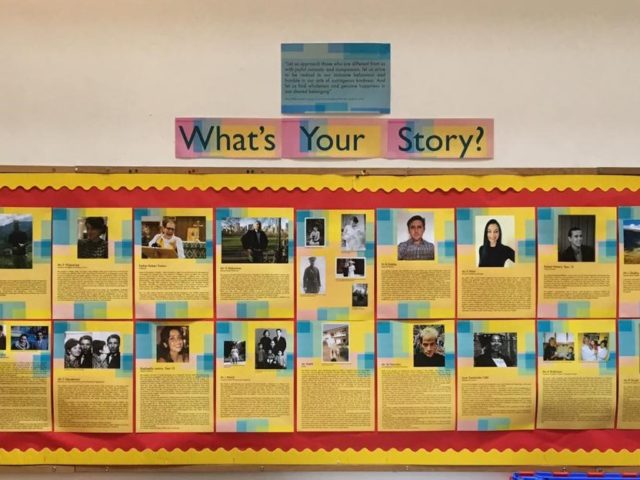The air is clearing of emotion after the release of this year’s GCSE results, and we’re settling down to deal with the important post-exam business: what do these results mean for my sixth form plans? Should I change my options if the results seem to tell me I’m stronger in X than Y? I know I was predicted an A if I was lucky, but I see I’m close to the A* boundary – should I get a re-mark? And so it goes on.
I’ve written before in this blog that I don’t believe in making exams, particularly not GCSEs, finishing lines: exams shouldn’t be the way teachers make real their love of the subject they teach; rather, exams should provide useful comparative data for those who have to hold schools accountable for minimum standards, and a short-hand for future employers to gauge attainment, and thus cognitive ability, across a quite specific and necessarily narrow range of intelligences. But an exam can’t tell us everything, and it shouldn’t prescribe everything we think worth teaching.
But how does this argument stand up in the face of recent reforms to make GCSEs deeper in content and tougher in test-type? For schools like Highgate, it’s meant that what we’d naturally be doing – choosing content which serves a child’s intellectual development best, rather than only doing what a test requires – is coming mainstream, with all the adjustments and uncertainties which that can create. (Parenthetically, we hope that what we do with our partner schools in our Chrysalis Programme, where we support learning and teaching in 40 local schools, has helped this process happen beyond our walls.) So a converging of what we in Highgate have aimed to do, with what exams now look for: the young GCSE candidates interviewed on the news today talked of the unpredictability of the new GCSEs, of having to think on their feet and of having entered exam halls uncertain what would face them. These are not bad skills to have acquired: exams less as a performance after dress rehearsal after dress rehearsal, replaced by opportunities to wrestle with problems and use ingenuity and problem solving to deal with unpackaged uncertainty.
Even though my hunch is that the 2018 GCSEs were better tests, and Highgate’s scores at 74% A* and 92.2% A*/A (or their numeric equivalent – just under half of our GCSEs were numerically graded) were something of a jump from last year’s at 65% A* and 88% A*/A, to trumpet GCSE results does open me to accusations of leaning on exam outcomes when it suits me! And that’s my guilty secret: for the first time in my twelve years at Highgate, I put up a (quite discreet) table of the historic comparisons of our GCSE performance since 2007 in the library where pupils came to collect their results.
One pupil who was chatting about his results told me that he was – understandably – over the moon about the results, and I was about to congratulate him when he continued: ‘And I’m really pleased because I didn’t get all hyped up about the exams, I didn’t let them get to me, and I still did other things.’ I took from that that he had taken the exams in his stride, and that the ordinary, day-by-day learning he had done equipped him well; that he had grown in human and intellectual capital, and that his exam results said more to him, and to those who know him, than the grades themselves.
Robert Halfon MP, Chair of the House of Commons Education Committee (and former pupil of Highgate) comments that education must focus on human capital for all, and not just on academic achievement for some. I agree, and I’m keen that in the celebration of Highgate’s bumper GCSE results, we look behind the results to see a playing out over time of a vision to keep exams just where they should be, and to focus on the growth of young people as emotionally literate and sturdy individuals, as creative thinkers and problem solvers, and, of course, as intellectually mature and well-informed students. So it’s how they’ve travelled to the results, and what remains with them once the excitement has subsided, that counts.
Though as a parent of a Year 11 pupil all I feel, today at least, is unreasonable, unbridled, overwhelming pride and parental love! (I’m sure an hour helping my son to pack his bag for Reading and to master the intricacies of a mattress pump will bring me down to earth.)

